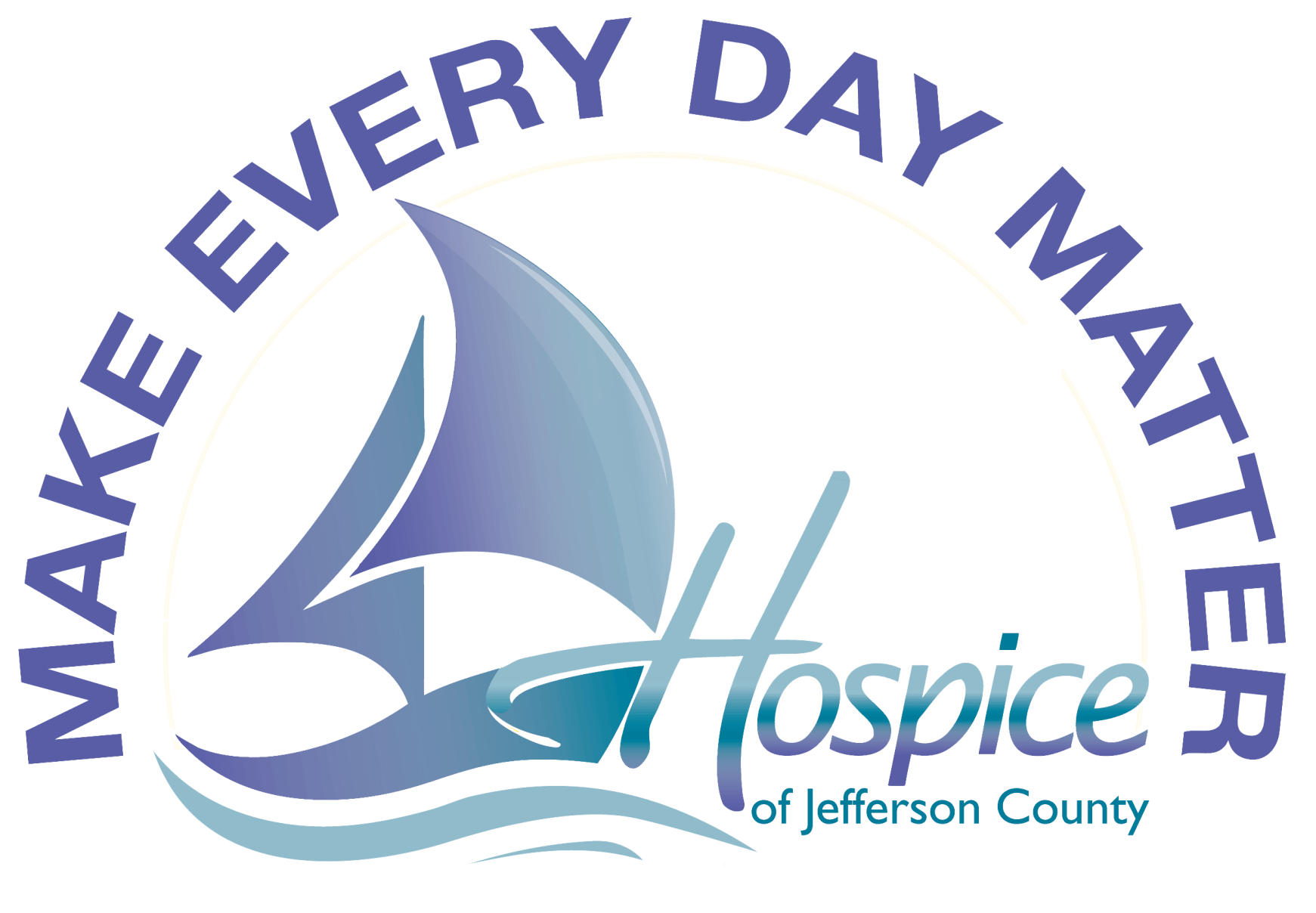Myths and Misconceptions of Hospice Care
Myth: Being admitted to Hospice means I will die sooner. Or once I am admitted to hospice, it’s the end.
- Patients admitted to hospice earlier often live longer and have an improved quality of life. The focus shifts from “fighting to stay alive” to “living life to the fullest extent possible.” It takes less energy and changes the focus from a negative outlook to a positive one.
- Hospice does not determine when a person dies. Patients die shortly after being admitted, but that is because they waited too long to call hospice.
- Hospice is care that comforts and supports patients and families when an advanced illness can’t be cured.
- Hospice can be provided anywhere a person calls home or at the Hospice Residence.
- Patients can revoke care at any time.
- Patients who stabilize will be discharged from care.
Myth: If it’s time for Hospice, my doctor will talk with me about it.
- Most doctors wait for the patient or family to initiate the hospice conversation. Completing your advanced directive document early and letting your family and doctor know your wishes regarding your end-of-life plan will ensure that you remain in control. Don’t wait until you are too sick to talk about what you want.
- Anyone can refer a patient to hospice. The patient, a family member, clergy, a doctor, a therapist, a friend, etc. They can call Hospice and ask to speak to the Hospice Navigator or Resource Nurse.
Myth: To get Hospice care, I will have to give up my primary care doctor. And all my current medications.
- You can keep your doctor. We work with your doctor and the Hospice medical director to establish the right plan of care for you. Hospice works as a team with physicians, nurses, and social workers to provide physical, psychological, and spiritual support to you and your family.
- The Hospice staff will perform an assessment if needed, and the Hospice Medical Director will determine eligibility. A Hospice Care Team will be assigned to the patient and family and will make the transition to Hospice Care as seamless as possible. We treat all of our patients and their families with dignity. We respect your privacy and keep all information shared confidential.
Myth: Hospice care is expensive and my family won’t be able to afford it.
- Hospice is affordable and covered under Medicare/Medicaid and most private insurances.
- Medicare does not cover the Residence room and board fees. This private pay rate is determined on a case-by-case basis. If a patient qualifies, Medicaid does cover room and board.
Myth: The longer I wait for Hospice care, the better off I will be. I should wait until there is a crisis to call Hospice.
- Waiting longer to call Hospice does not prolong a patient’s life or quality of life.
- Early referrals are key. Seeking Hospice care sooner will allow you to concentrate on your quality of life during this final journey.
Myth: Morphine use causes premature death.
- For Hospice patients who have trouble breathing, small amounts of well-controlled and regularly titrated morphine can help ease respiratory distress by decreasing fluid in the lungs and altering how the brain responds to pain. Beyond slowing rapid breathing, morphine also eases the anxiety of struggling to catch one’s breath. Once breathing is controlled, physicians adjust doses regularly based on the type of morphine used, and each patient’s unique tolerance level and specific respiratory symptoms.
Myth: The family does not participate in the Hospice experience. Hospice makes all the decisions after I’m admitted.
- The patient is in control of their hospice experience. The family is involved in Making Everyday Matter for the patient and their loved ones. Not only does the family participate, but Hospice is also there to support the family during this time.
Fact.
Patients who received hospice services for less than 2 months were 5 times more likely to visit the ED during the last months of life than hospice patients who had longer lengths of stay.
There is always an RN on call who can help manage care at home and answer questions, big or small.
